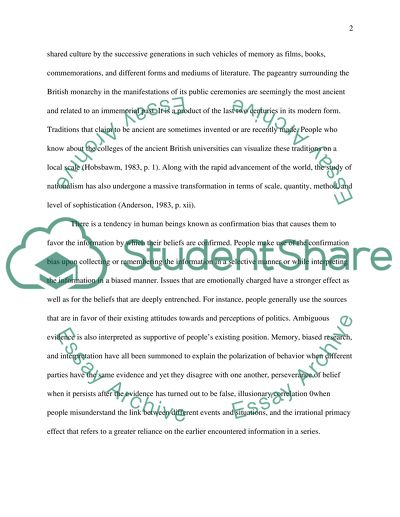'Memory is simply biased, inaccurate history.' Discuss Essay. Retrieved from https://studentshare.org/history/1465979-ychmemory-is-simply-biased-inaccurate-historyyie
'Memory Is Simply Biased, Inaccurate history.' Discuss Essay. https://studentshare.org/history/1465979-ychmemory-is-simply-biased-inaccurate-historyyie.


